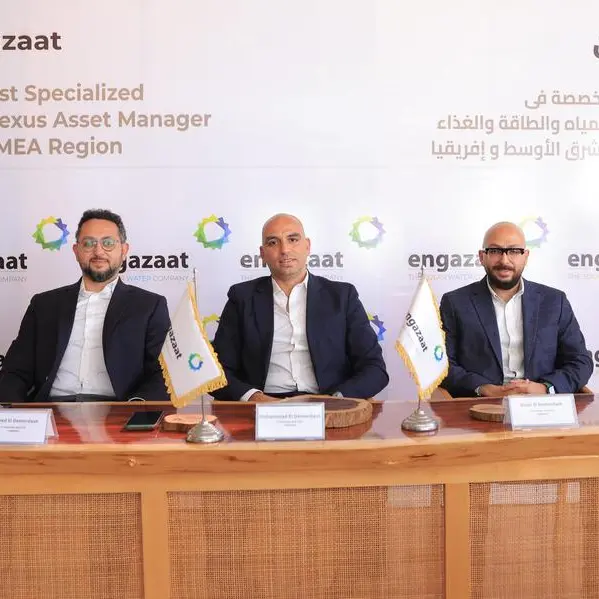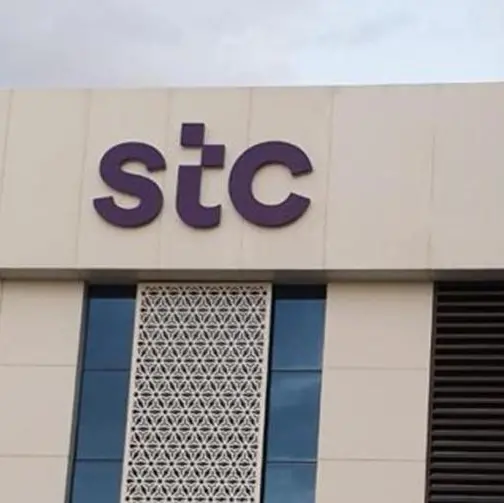PHOTO
Saudi Investment Recycling Company (SIRC), a wholly owned subsidiary of Saudi Public Investment Fund (PIF) and Saudi chemicals giant SABIC have signed a Memorandum of Understanding (MoU) to collaborate for SIRC's first chemical recycling project involving recycled plastic feedstock.
The MoU has proposed a feasibility study on building the chemical recycling plant to convert Mixed Plastic Waste (MPW) into pyrolysis oil, a SABIC statement said.
SIRC will source, collect, sort, and supply the feedstock for the facility from municipal solid waste, the statement said, adding that mixed plastic waste collected from the Materials Recovery Facility (MRF) would be used as feedstock to be converted into Pyrolysis oil.
“This strategic collaboration will help us in our efforts to contribute to fulfilling the Kingdom’s waste management objectives aligned with Saudi Vision 2030. This also reinforces the Saudi G20 Presidency’s commitment to Circular Carbon Economy (CCE) ensuring a sustainable future focusing on environment, energy and climate,” said Yousef Al-Benyan, SABIC Vice Chairman and CEO.
“The collaboration with SABIC will give an impetus to our support to the success of various initiatives identified by the Kingdom’s Waste Management National Regulatory Framework. It will also help create new opportunities in the waste management sector,” added Ziyad Al Shiha, Chief Executive Officer of SIRC.
Both SIRC and SABIC will assess project feasibility study and job creation as part of the MoU, the statement noted.
Abdulrahman Saleh Al-Fageeh, Executive Vice President of Petrochemicals at SABIC, said, “We can now clearly foresee a significant role of Saudi Arabia having a tangible part in the Climate Change agenda. The new collaboration will be a milestone toward Saudi Vision 2030. We are very much confident of SIRC’s expertise and role in converting the waste into opportunity.”
According to press statement, the MoU is aligned with SABIC’s TRUCIRCLE initiative which covers certified circular products, made through feedstock recycling of difficult to recycle plastic waste; certified renewable products from second-generation bio-based feedstock; mechanically recycled products to improve recyclability and end-use properties; and design for recyclability for products that have better recyclability characteristics. End-markets covered include packaging, electrical & electronics, transportation, construction, and healthcare/medical devices.
(Writing by Syed Ameen Kader; Editing by Anoop Menon)
Disclaimer: This article is provided for informational purposes only. The content does not provide tax, legal or investment advice or opinion regarding the suitability, value or profitability of any particular security, portfolio or investment strategy. Read our full disclaimer policy here.
© ZAWYA 2021




















